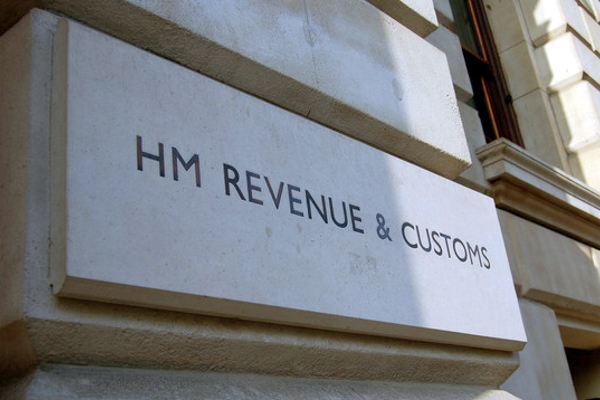
Counterfeiters looking to use e-commerce sites to sell their fake goods to an unsuspecting British public could get a rude awakening when the UK government introduces new legislation targeting fulfilment houses in a little over a month’s time.
The HM Revenue and Customs (HMRC) Fulfilment House Due Diligence Scheme (FHDDS) comes into force on 1 April and aims to crackdown on value-added tax (VAT) fraud, with the added hope of deterring counterfeit trading in the UK.
The legislation comes as consumers and counterfeiters alike flock to the internet for the convenience of buying and selling goods online. In many cases, conmen have exploited the system to avoid complying with British VAT regulations.
Last year, the National Trading Standards’ (NTS) annual Consumer Harm Report noted that criminals were capitalising on the opportunities provided by the internet and the accompanying regulatory uncertainty – notably the rise in use of fulfilment houses, which process, package and distribute goods that have been bought online. These are particularly attractive to businesses based abroad that ship goods to the UK because the legal responsibility for the products becomes more complicated, the report said. HMRC estimates that there could be anywhere between 500 and 3,000 fulfilment houses operating in the UK.
According to the tax department, there has been an increase in overseas online sellers that evade paying VAT, which now cost the UK taxpayer £1bn to £1.5bn a year.
Under the FHDDS, which specifically targets goods imported from non-EU countries, the new rules now require all fulfilment houses, and any company that provides warehousing and distribution for goods imported from outside the European Union, to register for the scheme and ensure its clients are VAT registered.
Fulfilment companies that fail to register will be fined, with a £500 penalty accrued for every non-compliant month. Companies that are non-compliant after March next year will receive a £10,000 fine, a criminal conviction and removal of their right to trade in the UK.
The move should allay fears that Brexit will strip the UK of quality standards on imported goods, while also highlighting that the government is cracking down on illicit trade, as well as increasing the pressure on online marketplaces to do more to tackle the sale of fake goods online.
“Clamping down on the route to market for non-compliant overseas businesses will deter them from trading in the UK,” Alison Horner, VAT partner at MHA MacIntyre Hudson, said in an International Business Times article. “Dubious imports may appeal to consumers on price, but HMRC believes they’re a huge threat to domestic businesses. While there’s a risk that the new scheme will be administratively burdensome for some small companies, our markets are saturated by non-compliant goods and the government must take steps to create a market that’s fair for UK businesses.”
According to Horner, Amazon was implementing due diligence for overseas clients, but there were many companies that were lagging behind with ensuring their clients complied with the new rules.
“Businesses must carry out checks on all of the customers they trade with, gathering information and document VAT numbers to enable them to demonstrate compliance, and implementing a separate system for registering new customers,” she said. “HMRC are cracking down on the issue and businesses need to be ready.”
In 2016, the NTS funded projects targeted at high-risk fulfilment houses, which included seven joint investigations with HMRC. Two of these joint operations resulted in the fulfilment house closing down, preventing tens of thousands of dangerous goods reaching UK customers.
©
SecuringIndustry.com





